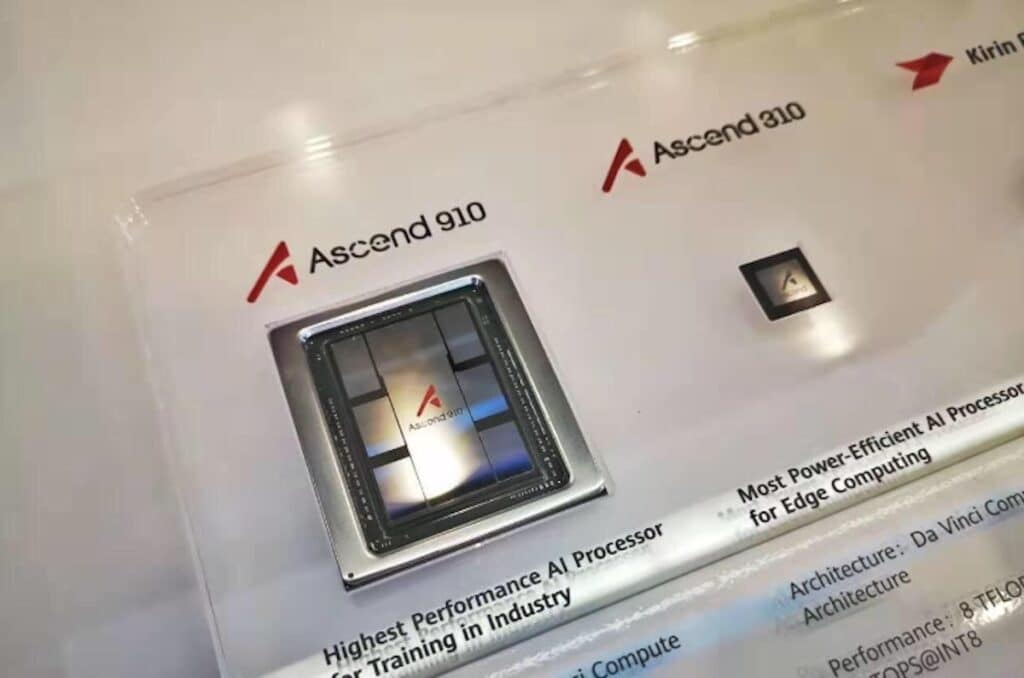Here’s the translation into American English:
The Chinese artificial intelligence company DeepSeek has taken a new turn in the global AI landscape by using Huawei’s Ascend 910C chips for inference tasks in its R1 model. This move not only highlights China’s growing technological capacity in the field of artificial intelligence but also showcases the evolution of the local industry in recent months, according to recent reports.
DeepSeek, known for its advanced language model R1, has made waves in international markets, significantly impacting the U.S. stock market. The announcement of its R1 model led to a $2 trillion drop in the U.S. stock market, generating concern among investors. However, the most notable aspect of this story is the collaboration between the Chinese firm and Huawei, whose Ascend 910C chip has become a key component for the inference of the R1 model.
According to Alexander Doria, a technology expert, DeepSeek has trained its model using Nvidia’s H800 chips but has opted for Huawei’s Ascend 910C for inference tasks. This is significant, as Huawei has positioned its chips as a high-performance alternative to Nvidia’s AI accelerators, especially in the Chinese market, where it holds a considerable market share.

The Ascend 910C, considered a direct competitor to Nvidia’s H100, is set to begin mass production in the first quarter of 2025. Leading tech firms like ByteDance and Tencent have already shown interest in this technology, suggesting that Huawei is solidifying its position as a key player in the AI industry in China.
Although details about the computational resources used to train the R1 model are not entirely clear, it is known that DeepSeek has over 50,000 units of Nvidia’s H100 chips. However, the fact that the company has chosen the Ascend 910C for inference reflects both the availability of these chips in the local market and their cost competitiveness compared to Nvidia’s alternatives.
This development takes place in a context of increasing global competition in the AI sector. Huawei is already working on the next generation of Ascend chips, which promise to compete with Nvidia’s Blackwell products, potentially intensifying competition in this strategic market even further.
Regarding the DeepSeek R1 model, while its impact on financial markets has been notable, questions remain about the associated costs and its role in the decline of U.S. stocks. Nevertheless, this collaboration between DeepSeek and Huawei could drive a new wave of innovation in China’s AI industry, demonstrating that the country is overcoming the technological limitations it faced in the past.
This case not only highlights China’s technological advancement but also underscores how local companies are establishing their presence in a global market traditionally dominated by Western players. With allies like Huawei, DeepSeek is positioning itself as an increasingly influential player in the global narrative of artificial intelligence.

